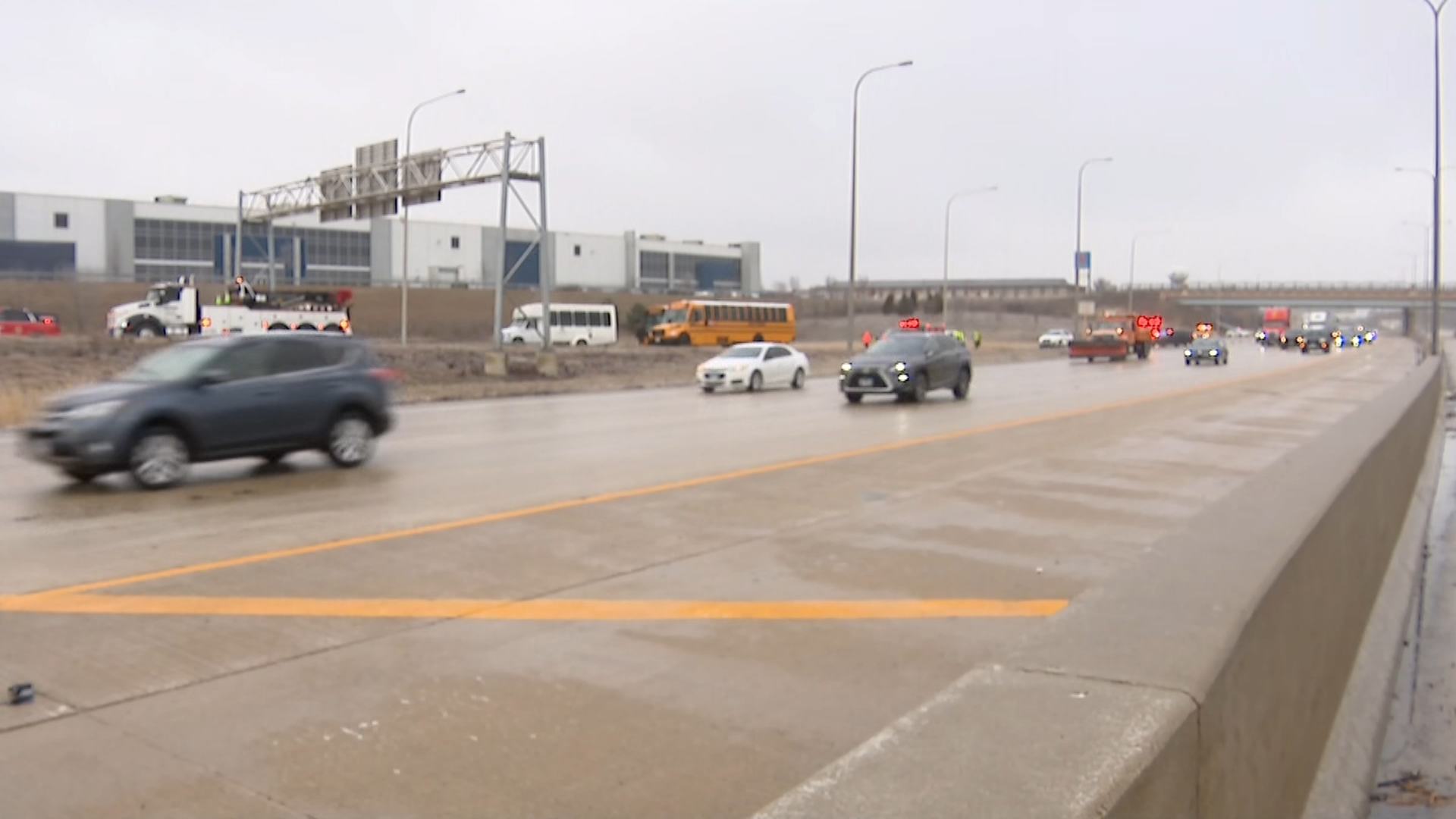As the Chicago Bears shift their focus, now hoping to build a new stadium on the city’s lakefront, the move raises questions about how the White Sox come into play, particularly as both teams seek taxpayer funding for their respective projects.
More than a year after purchasing 326 acres in Arlington Heights, a source Monday said the team’s plan has changed to target a new publicly owned domed stadium on Museum Campus, near their current home of Soldier Field. Bears President and CEO Kevin Warren confirmed the team’s intent to invest $2 billion in the project, but the shift raises many unanswered questions, including the total cost of the project as well as what the ask might be for taxpayer funding.
The timing of the announcement was just a few weeks after White Sox Chairman Jerry Reinsdorf traveled to Springfield to meet with legislative leaders and ask for a billion dollars for a new stadium.
“There’s really no question that some of this timing had to do with Jerry Reinsdorf coming forward with plans for a new stadium for the White Sox,” sports and stadium consultant Marc Ganis said. “He is looking for state legislation and there’s only so much money there, so if the Bears were going to try and tap into some of that funding, they needed to get on the docket and not waste any time.”
“It’s not so much that the plan is fully formed, it’s more of a make sure that we are in the discussion because we want to build in the city of Chicago and we’re willing to put up $2 billion of private money to do so,” Ganis continued.
As Reinsdorf visited the state Capitol, lawmakers directed the two teams to present their requests for public dollars together, as one unified proposal.
Local
Illinois Gov. J.B. Pritzker late last month confirmed that effort but cast some doubt on the appetite for funding either development.
“These are different businesses that will be in different locations so I’m not exactly sure how that will work,” Pritzker said when asked about the teams’ requests. “What do they have in common? They're looking for taxpayer dollars.”
Feeling out of the loop? We'll catch you up on the Chicago news you need to know. Sign up for the weekly> Chicago Catch-Up newsletter.
"Stadium projects around the country have occurred with public dollars, fewer and fewer over the years and there's a reason for that," Pritzker continued, "that the return on investment for taxpayers has to be proven now before we would actually move forward. I have not seen proof that this is a good deal for the taxpayers of the state of Illinois, but they have not presented that case yet."
"Lots of great pictures and things that I think are exciting, and I would love to see new stadiums, I’m just not sure that the taxpayers are going to get what they deserve out of that investment with their dollars,” he added.
Pritzker’s office said Monday he had not been briefed on the Bears’ new plan and declined to further comment.
It’s not clear how much Reinsdorf plans to contribute in private funding for a new stadium, nor is it clear how much either project would cost in total. The White Sox did not respond to request for comment Monday.
Complicating both teams’ ask for public funding is the fact that taxpayers still owe millions of dollars on their current homes.
The Illinois Sports Facilities Authority, which issued bonds for both stadiums, still owes $589 million on the 2002 renovation of Soldier Field and $50 million for Guaranteed Rate, for a total of $639 million. The bonds for those stadium projects are paid in part through the state’s 2% hotel tax, but if those revenues can’t make the multi-million dollar payments, Chicago’s share of the state income tax picks up the shortfall. Guaranteed Rate’s bonds are slated to be paid off in 2029, while the Soldier Field deal runs through 2032.
Civic Federation President Joe Ferguson warned Monday that lawmakers should be wary of a new ask for public funding while those debts remain outstanding.
“We are literally at the throwing spaghetti against the wall stage of all of this conversation about stadiums, two. White Sox and the Bears, individually and together,” Ferguson said, asking, “What’s the overall expense of all of this? What are we actually doing? How much are the taxpayers on the hook? How is it that we ultimately would be addressing the more than half billion dollars that is outstanding?”
“That is not a place of good governance and the people of Chicago and the region don’t need to look very far to know what this sort of chaotic approach yields,” he continued. “We can look back to things like the parking meter deal and just go back further and look to what we did with Soldier Field in the early 2000s. All the red flags are there. we need leadership to channel all of this so that we can make a reasonable assessment as to whether this is for the overall good and it’s for the overall good that doesn’t come at the expense of taxpayers.”
Ganis said lawmakers’ suggestion to have both teams work together on one funding request was a smart way to approach the funding issue.
“If the two teams were able to come together, that would enhance the chances that both projects get built,” Ganis said.
A source close to the Bears previously said they were willing to work with any Chicago sports team, but the new focus on the city – still far from a done deal – was clearly a solo venture.



